Gustavo Bezerra
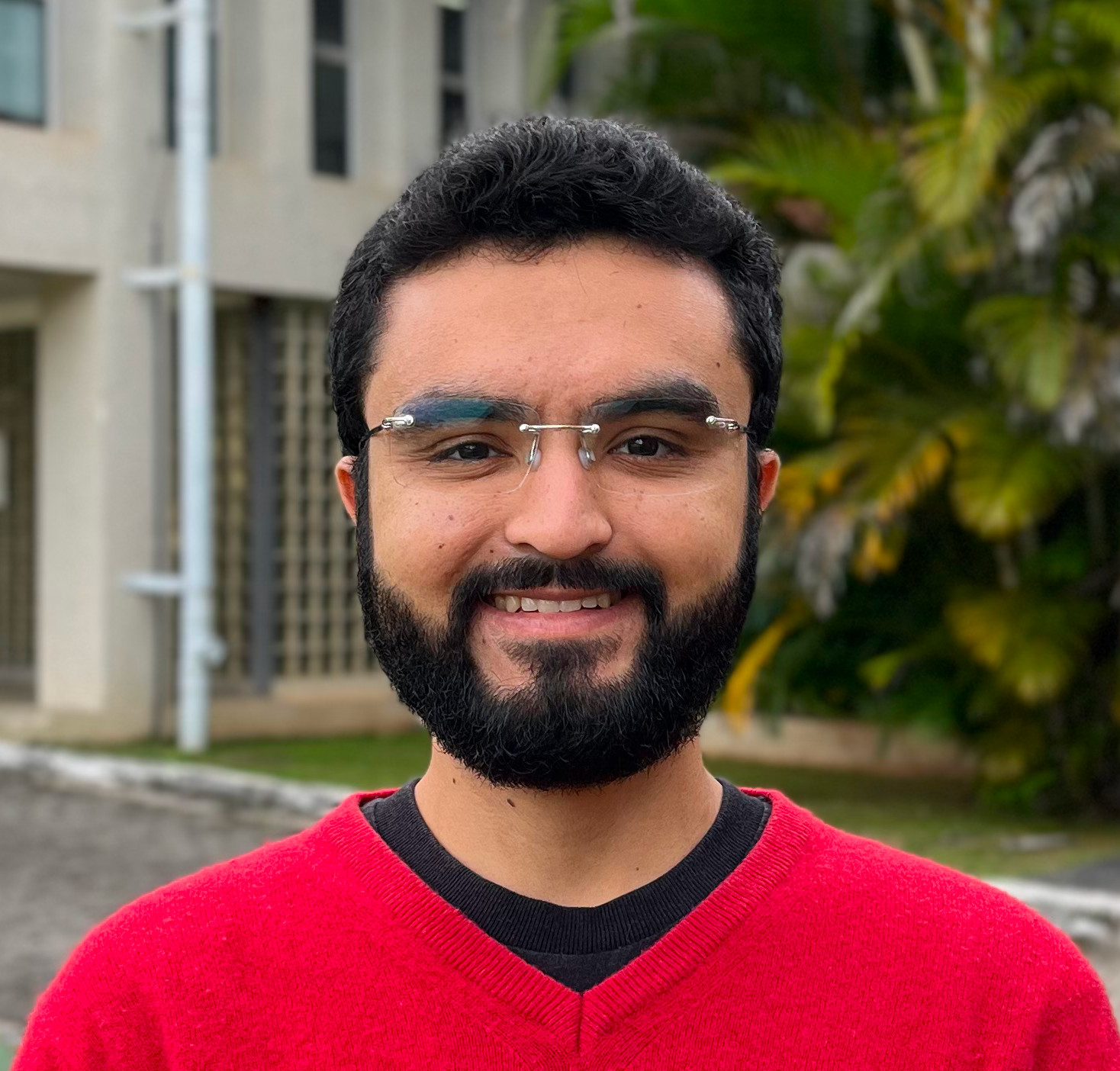
Recent Activites
Papers
-
Quantum counting on the complete bipartite graph
This paper was a colaboration between me, Raqueline Santos, and Renato Portugal. In this paper, we proposed to count the number of marked vertices in a complete bipartite graph using the coined quantum walk model. Previous works showed how to count the number of marked vertices in an unsorted database, which can be interpreted as a complete graph with self-loops.
The paper was published in the International Journal of Quantum Information. The results presented in this paper are the extension of my Master’s Thesis available at LNCC’s database and arXiv.
... More
Tags: Paper - Quantum Computing - Quantum Algorithm - Quantum Walk - Quantum Search - Quantum Counting - Graphs - Journal - International Journal of Quantum Information -
Hiperwalk - Simulation of Quantum Walks with Heterogeneous High-Performance Computing
In this paper, we presented the new version of Hiperwalk – a quantum walk simulator that uses high-performance computing. Hiperwalk 2.0b is easier to use and install than its previous version, as it is distributed as a Python library with optional support to Hiperblas. This work was presented during the IEEE Quantum Week 2023 conference.
... More
Tags: Paper - Quantum Simulation - Quantum Walk - Graphs - Conference - IEEE - Quantum Week -
Quantum Walk-based Search Algorithms With Multiple Marked Vertices
This paper was a colaboration between me, Pedro Lugão, and Renato Portugal. We generalised a technique for finding the hitting time of a quantum walk search from one to multiple marked elements. The technique has a few requirements to work. The paper was published in Physical Review A journal in June 1st, 2021. It is also available on arXiv.
... More
Tags: Paper - Quantum Computing - Quantum Algorithm - Quantum Walk - Quantum Search - Graphs - Journal - Physical Review A
Projects
-
Hiperwalk 2.0
Hiperwalk (High-performance Quantum Walk Simulator) is a freeware open-source program that allows the user to perform simulations of quantum walks on graphs using HPC. The user can use the parallel resources of the computer, such as accelerator cards, multicore CPU and GPGPU to speedup the overall process without knowing parallel programming.
Visit the Hiperwalk website for more information such as installation, documentation and examples.
... More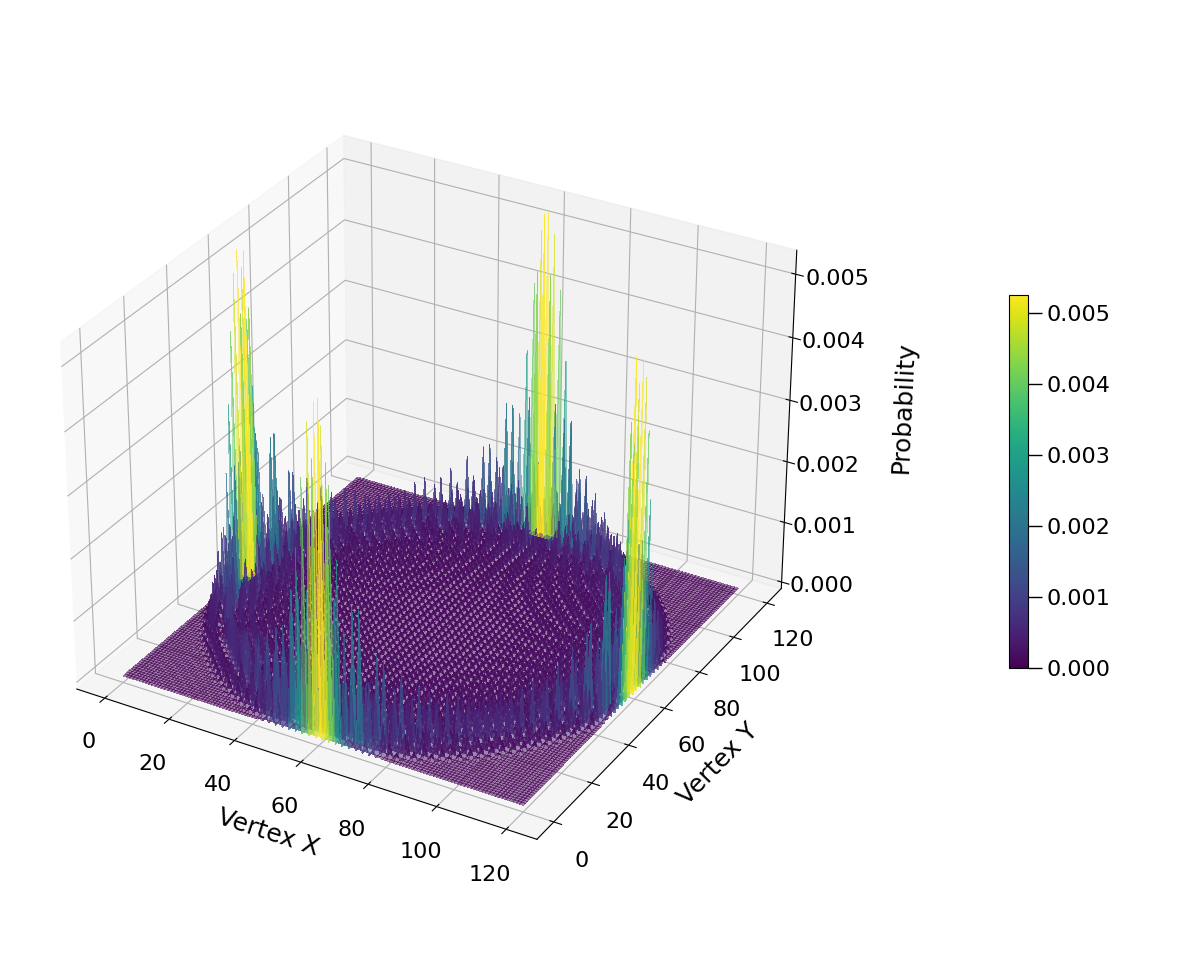
Tags: Project - Quantum Computing - Quantum Walk - Simulation -
Quommentaries
The purpose of this Project is to gather all personal study notes regarding Quantum Computing. Notes regarding Quantum Information and Quantum Logic are very likely to be added in the future. However, the initial focus is on Quantum Computing. The study shall cover the following books,
- Quantum Computation and Quantum Information - by Nielsen & Chuang;
- An Introduction to Quantum Computing - by Kaye, Laflamme, and Mosca;
- Quantum Computing for Computer Scientists - by Noson & Mirco;
- Principles of Quantum Mechanics - by Shankar.
The topics of the first book are discussed with more emphasis and priority. In the future, some papers may be explained as well.
... More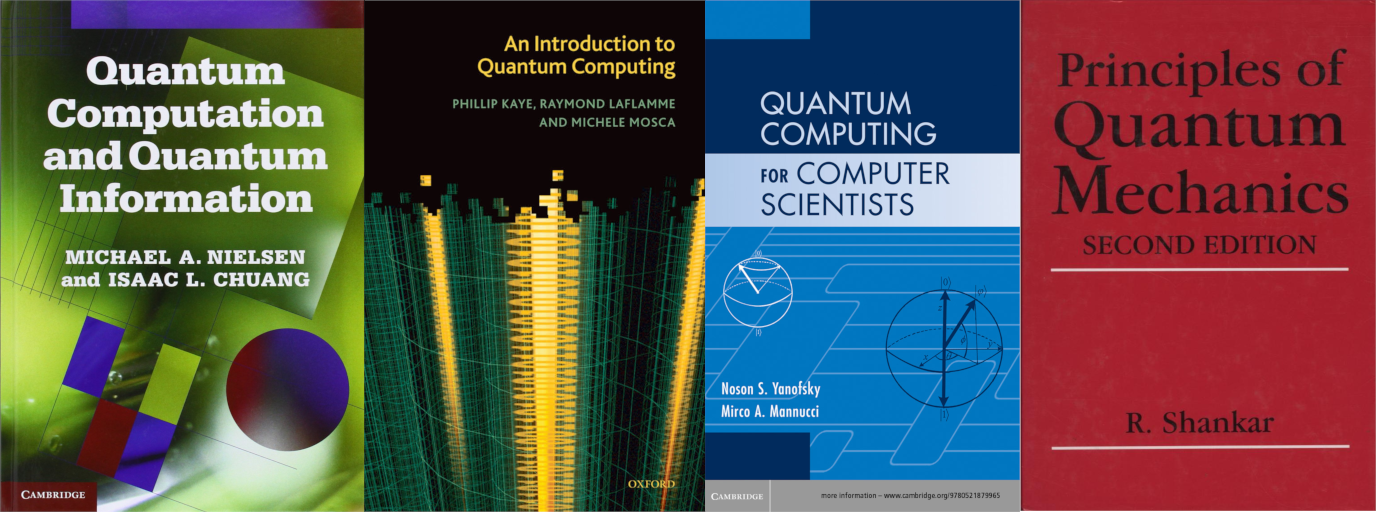
Tags: Project - Quantum Computing - Quantum Information - Quantum Logic
Talks
-
Computação Quântica e suas Bases Teóricas - Primeiro Ciclo de Palestras Sobre Computação Quântica do IMD
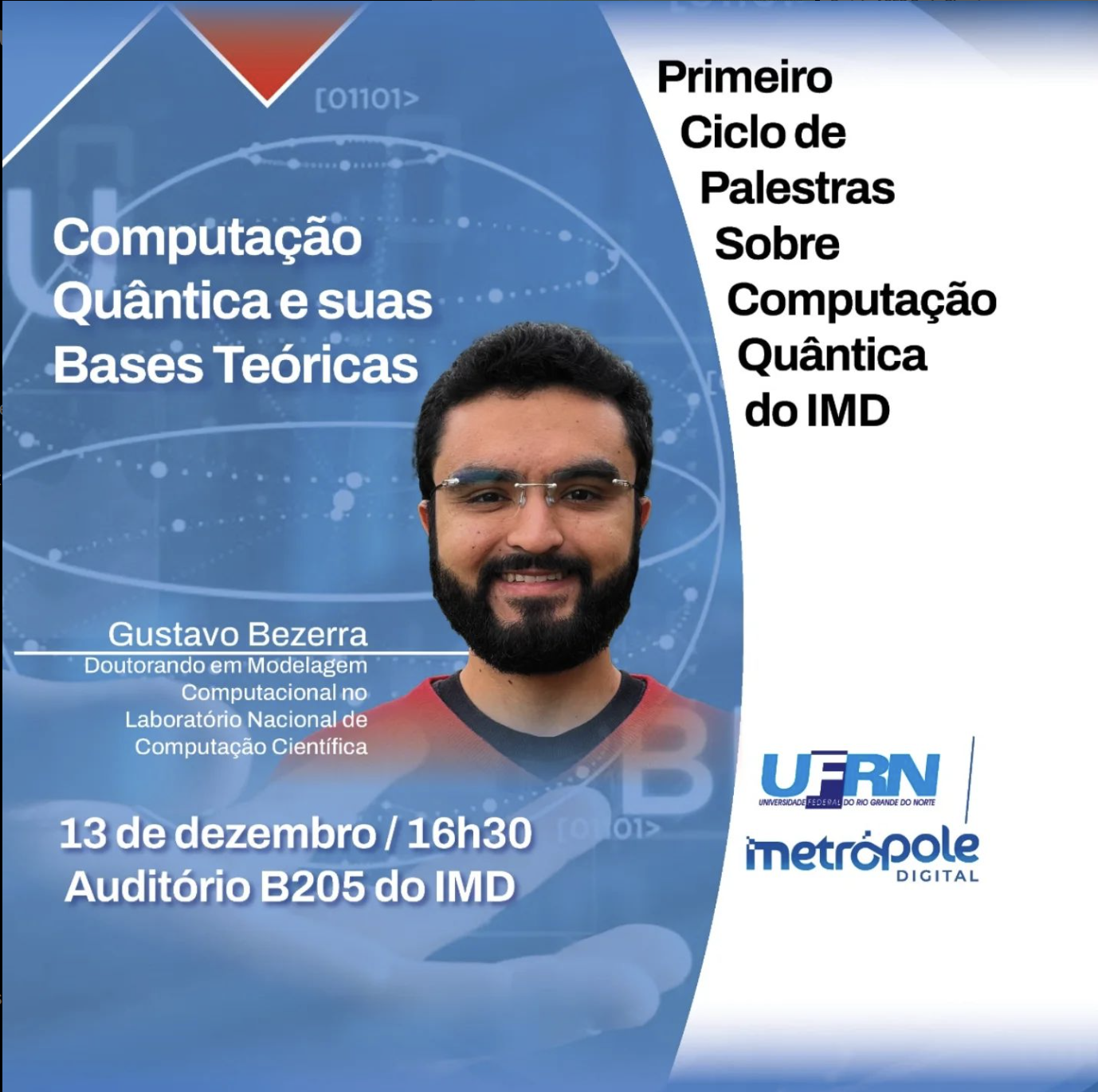
Na sexta-feira, dia 13/12/2024, foi promivido a sexta edição do Ciclo de Palestras sobre Computação Quântica, com o tema: “Computação Quântica e suas Bases Teóricas”. A apresentação foi conduzida pelo pesquisador Gustavo Bezerra no Instituto Metrópole Digital, às 16h30.
Os slides da apresentação estão disponíveis em 2024-12-13-talk-computacao-quantica-e-suas-bases-teoricas.pdf.
... More
Tags: Talk - Quantum Computing - IMD -
arXiv Review at University of Latvia
I was invited to give a presentation for the Quantum Computing group at the University of Latvia. This presentation is a regular part of the research group’s activities and involves reviewing papers submitted to arXiv. I reviewed papers from 16 September to 11 October 2024 and highlighted those that caught my attention the most. The presentation slides are available at 2024-10-14-talk-arxiv-review.pdf.
Tags: Talk - Quantum Computing - University of Latvia - arXiv -
PET-CC Seminar - Another Introduction to Quantum Computing
One year after my first talk about Quantum Computing, I decided to give another introductory talk regarding the area. This Seminar was a more detailed version of Natal Tech Conference’s Talk.
... More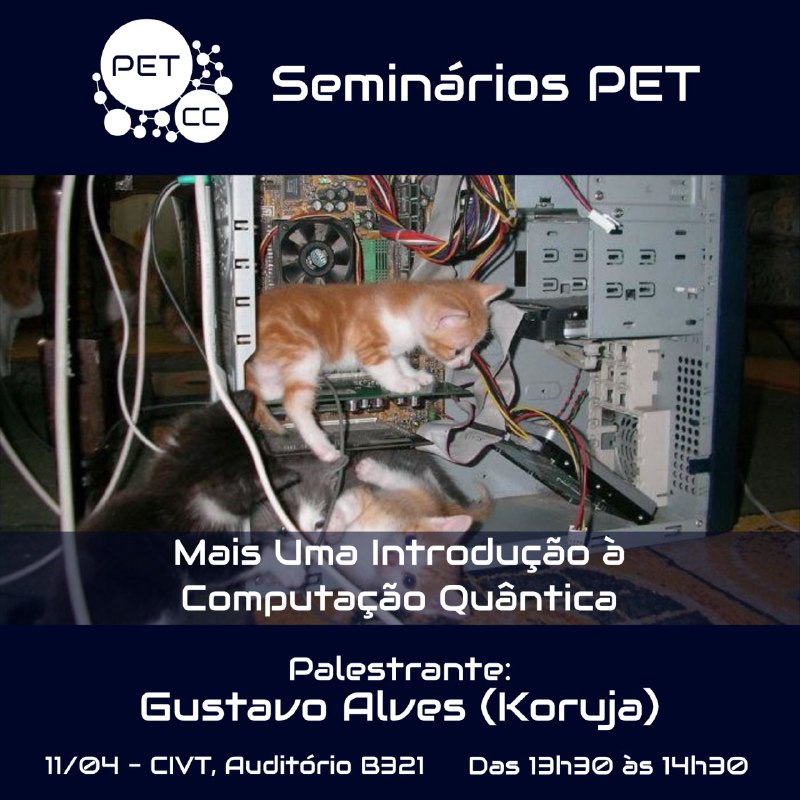
Tags: Talk - PET-CC - Quantum Computing